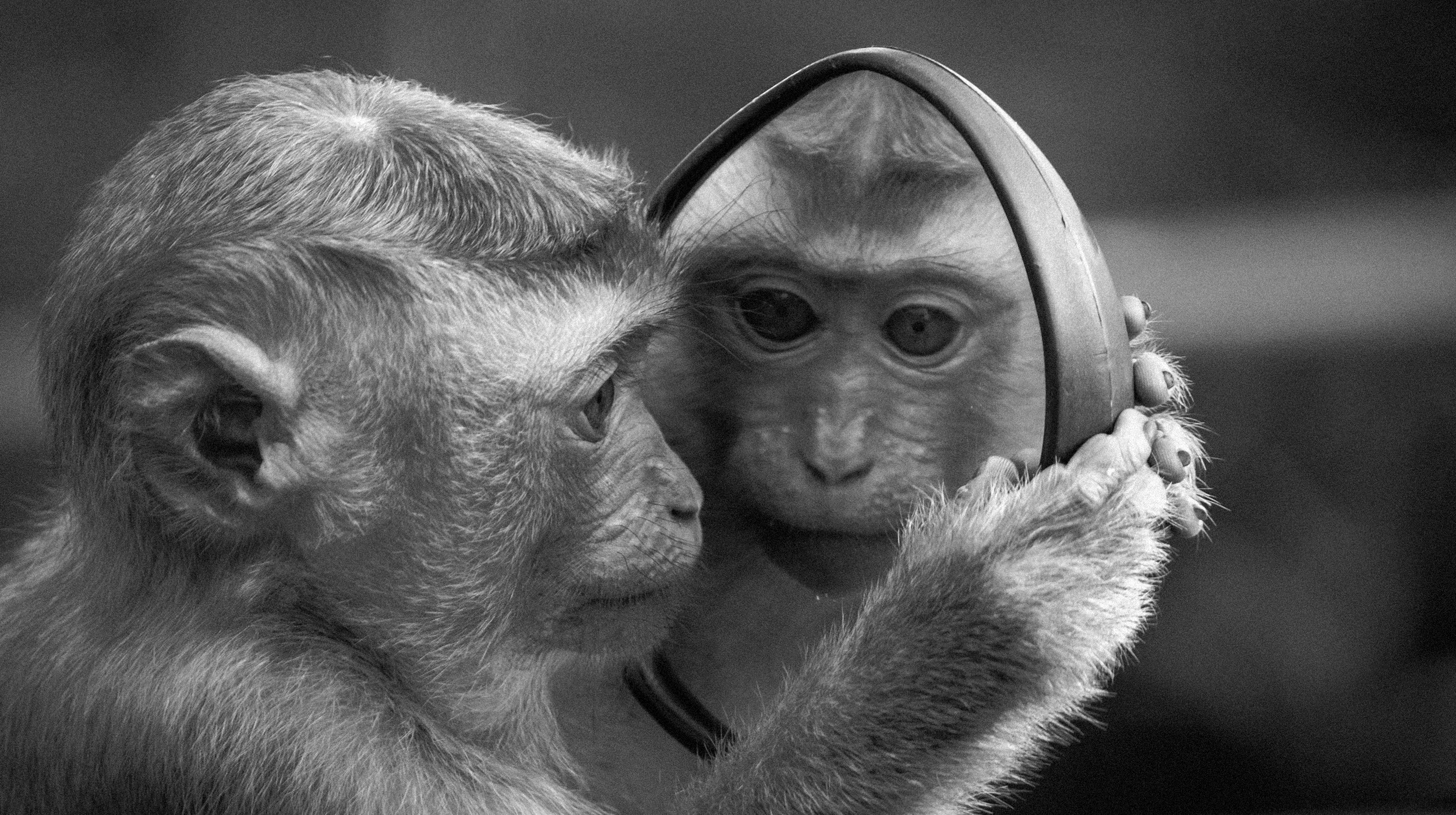animals
One million year old mammoth DNA more than doubles the previous record and suggests that even older genomes could be found.
The study suggests scientists are underestimating the number of animal species that could generate the next novel coronavirus.
The organisms were anchored to a boulder 900 meters beneath the ice, living a cold, dark existence miles away from the open ocean.
They did really well considering joysticks are not designed for oral use.
While other factors exist, sexual prowess appears to have helped determine the role of Protoceratops frills.
Robot developers adapt the behavior of worm “blobs”.
A new paper explores how noise from human activities pollutes the oceans, and what we can do to fix it.
For the first time, it was discovered that nonphotosynthetic bacteria have a circadian clock.
A new study finds that dogs fed fresh human-grade food don’t need to eat—or do their business—as much.
How do these little beasties detect light anyway?
A recent study showed that monkeys can make logical choices when given an A or B scenario.
The main bioactive compound in catnip seems to protect cats from mosquitoes. It might protect humans, too.
Darwin was right again—sort of.
Scientists regenerate damaged spinal cord nerve fibers with designer protein, helping paralyzed mice walk again.
Could medical detection animals smell coronavirus?
Researchers discover that cancer cells go into hibernation to avoid chemotherapy effects.
University of Tokyo scientists observe predicted quantum biochemical effects on cells.
A powerful new tool lights up the brains of worms, and may soon help draw maps of other animals brains.
Previous research suggesting it’s all about prolactin may be missing the mark.
Porcine gene edits may allow such transplants without rejection.
Has lockdown made your pet extra clingy?
Scientists find that an RNA-DNA mix may have created the first life on our planet.
A study explores how your dog does when you’re not home.
Scientists watch as mice mouse around an onscreen maze.
For several weeks after considering the ethics of eating meat, participants in an experiment changed their eating habits.
Research shows that sparrows and other animals use plants to heal themselves.
Exceptionally high-quality videos allow scientists to formally introduce a remarkable new comb jelly.
Historian Rutger Bregman argues that the persistent theory that most people are monsters is just wrong.
▸
6 min
—
with
An elephant at the Bronx Zoo has become a cause célèbre for animal rights activists.





























